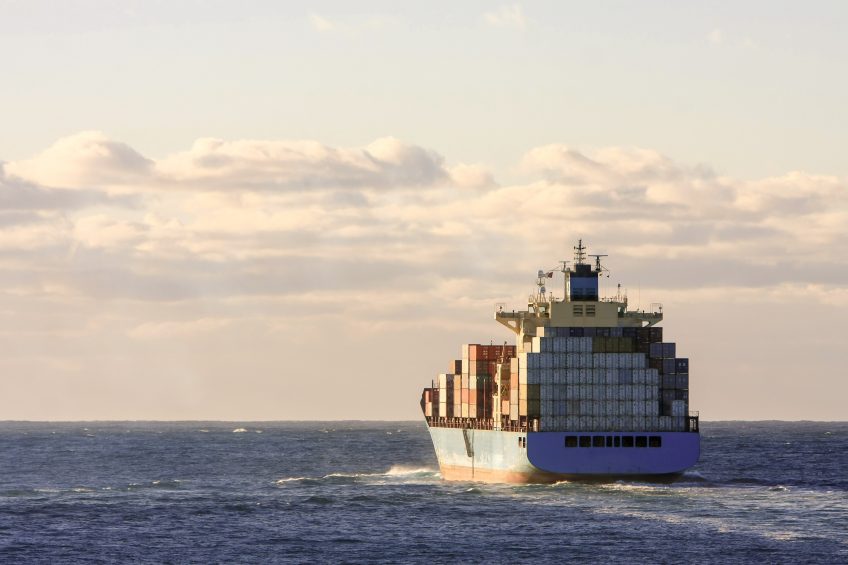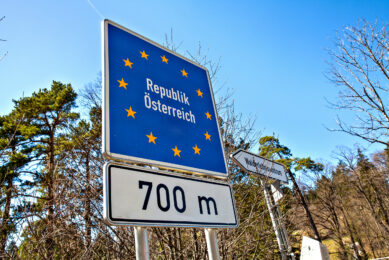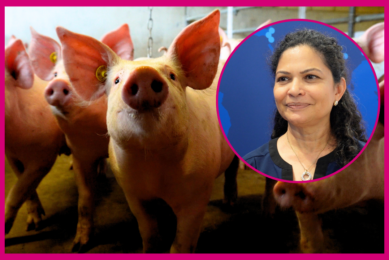Russia bans import of Brazilian pork over ractopamine fears

Russian veterinary watchdog Rosselhoznadzor has decided to suspend imports of Brazilian pork and beef, after traces of prohibited growth promoter ractopamine were detected in several batches of meat.
That announcement was made by Rosselhoznadzor in a statement on its website 20 November. The decision will come into force as from 1 December, allowing some time for meat batches currently already on the way to cross the Russian border, in case it is recognised as ractopamine-free.
Growth promoting hormones
The organisation said it was forced to take this step, as both the use of growth promoting hormones, as well as the import of meat with traces of these substances are strictly prohibited by the country’s veterinary legislation.
Brazilian reaction
Brazil’s minister of agriculture, Blairo Maggi, retorted that the country would make some ‘corrections’ to ensure resumption of shipments, according to the Russian media Tass. He said that, in general, Brazil’s veterinary system ensures there is no ractopamine in meat exported to Russia, adding that it may be possible that individual companies committed fraud.
Mr Maggi said that measures may only be taken, in case the Brazilians would receive formal notification from Rosselhoznadzor that shipments indeed would be suspended. So far, he said, Brazil only received notifications that ractopamine was found in several batches of supplied meat.
Brazil as major external pork supplier
Sergey Yushin, Russia’s chairman of the National Meat Association, told Russian news media RBK that Brazil accounted for nearly 90% of imported pork between January to November 2017.
There is no real alternative to pork from Brazil at the international market, as import from US, Canada and the European Union will continue to remain banned within the food embargo, he added.
Nevertheless, it is very unlikely that the restrictions entered against Brazil will lead to some negative consequences for the domestic pork market. Yushin said that recent months showed signs of oversupply.
Nothing bad will happen on Russia’s pork market
Viktor Linnik, president of Miratorg, speaking to RBK also expressed that nothing bad would happen at the market, “as long as domestic pork production in Russia is growing on average by 300,000-400,000 tonnes per year.”
Linnik added that it is possible that prices will temporary rise between 5-10%. In total, Brazil alone was selling to Russia meat of the total value close to US$1 billion per year, he estimated.
At the same time, pork from Brazil was imported to Russia primarily to be used in the meat-processing industry, so in this segment it is expected that the prices may rise by about 20%, an unnamed source in the industry told RBK.
Russian analytical agency ICAR estimated that Brazil has supplied 240,100 tonnes of pork to Russia in 2016 and 191,300 tonnes of pork in the period from January to November 2017.











